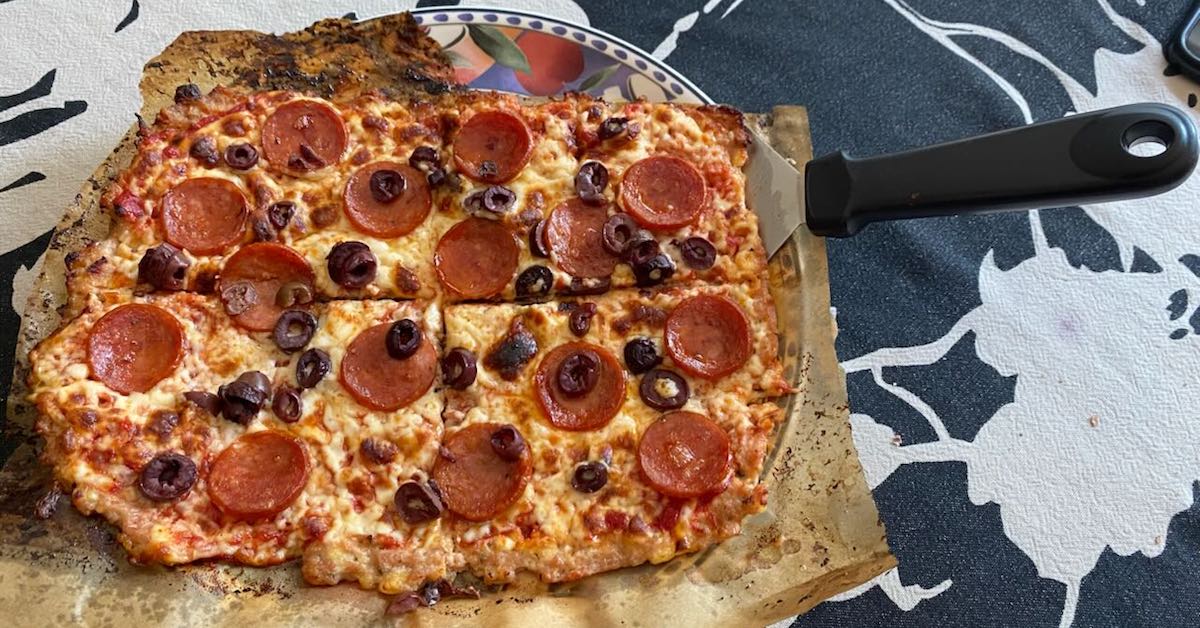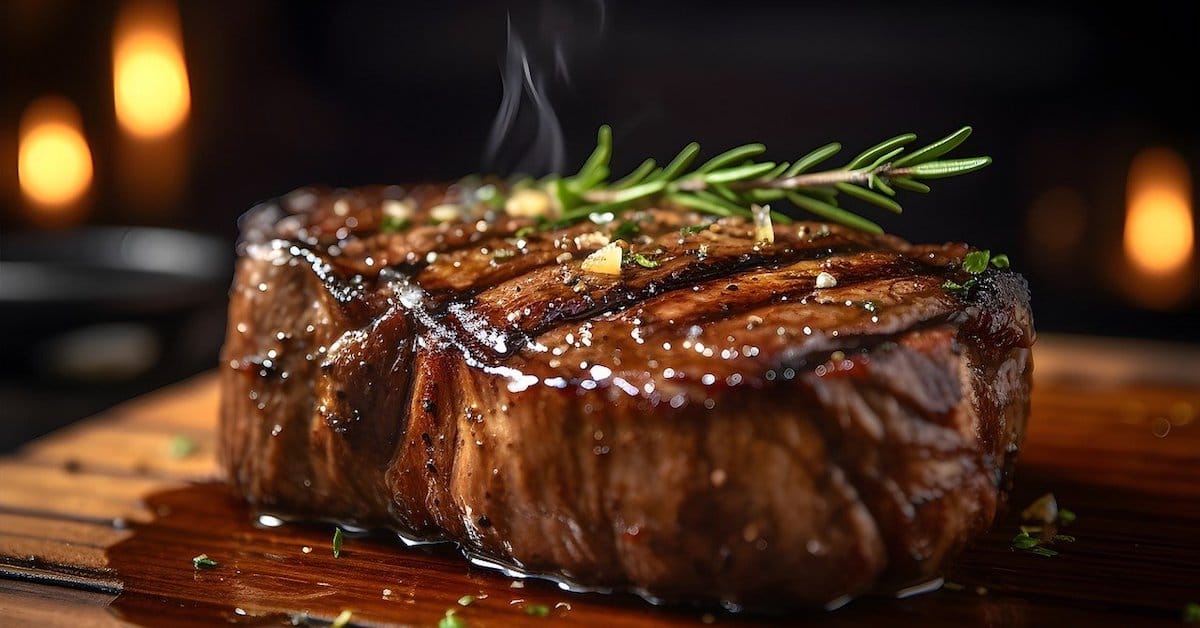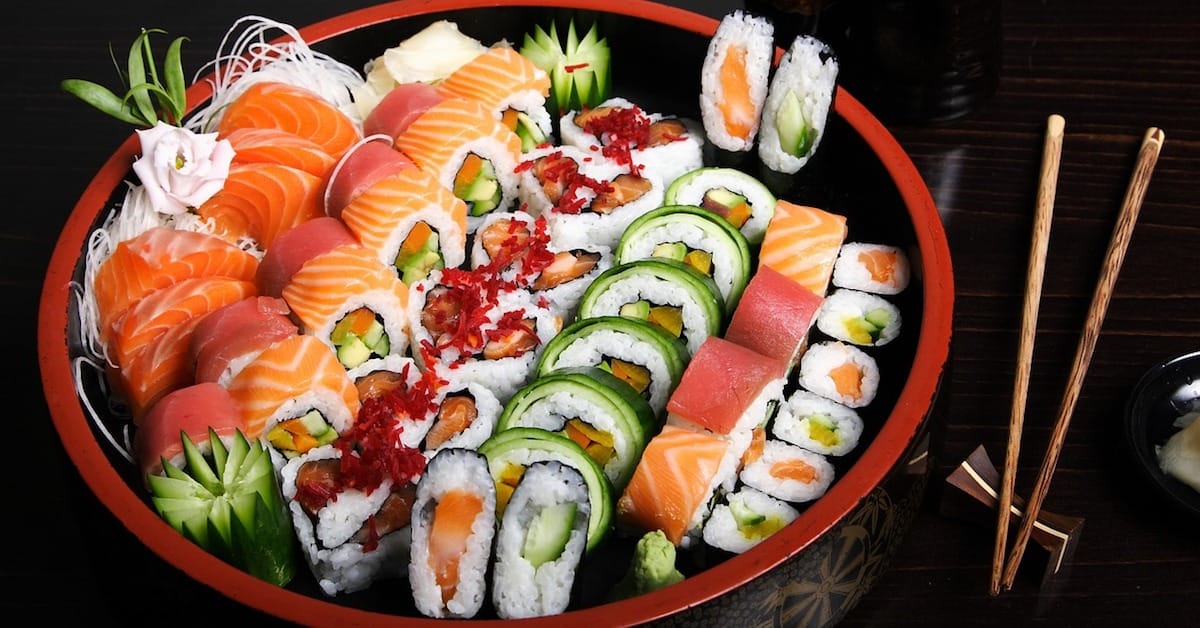Have you ever wondered how your food is made? Take a typical continental breakfast—it usually includes bread, rolls, muffins, pastries, and other baked goods, along with margarine, jam, and various spreads. Add in coffee or tea with sugar, whitener, and artificial sweeteners, and you have a meal full of highly processed foods. But before you put these so-called foods into your body, do you really know how they’re made?
A Reality Check
If you haven’t already, watch an episode of Food Factory on the Food Network. Any episode will do—each one provides a behind-the-scenes look at the manufacturing of many processed foods sitting in your pantry and fridge. It’s an eye-opener!
Do You Know How Vegetable Oil is Made?
Most vegetable oils at the supermarket go through a process of refining, bleaching, and deodorizing before they’re bottled in plastic containers. This chemical processing strips them of nutrients and often introduces harmful compounds. If you want a better idea of how this happens, watch this video.
Even “Healthy” Foods Aren’t Always Healthy
Even some of the so-called natural foods that we believe to be healthy may not be as good as they seem. The documentary Food, Inc. is a must-watch—it exposes the hidden truths behind the food industry and will change the way you think about what you eat.
The Take-Home Message
The less processing, the healthier your food will be. Here are some better choices:
✔ Locally grown produce—whether from your own backyard or a farmers’ market
✔ Naturally raised meat, like the kind found at Brooker’s
✔ Raw, organic seeds, nuts, and oils, such as those from Real Raw Food
✔ Whole, unprocessed foods from your local health food store
The closer your food is to its natural state, the better it is for your health!

Have Your “Meatza” and Eat It Too!
By Mary Catanzaro Let’s be honest—most of us enjoy a good slice of pizza every now and then. But what

Meat: A Friend, Not a Foe
A new meta-analysis confirms what I’ve been saying for years: minimally processed beef has minimal to no impact on most

Sushi Lovers Beware: How Your Favorite Dish Affects Blood Sugar
Sushi seems like a healthy choice, but does it really keep your blood sugar in check? Let’s take a closer
follow
Error: No feed with the ID 2 found.
Please go to the Instagram Feed settings page to create a feed.
